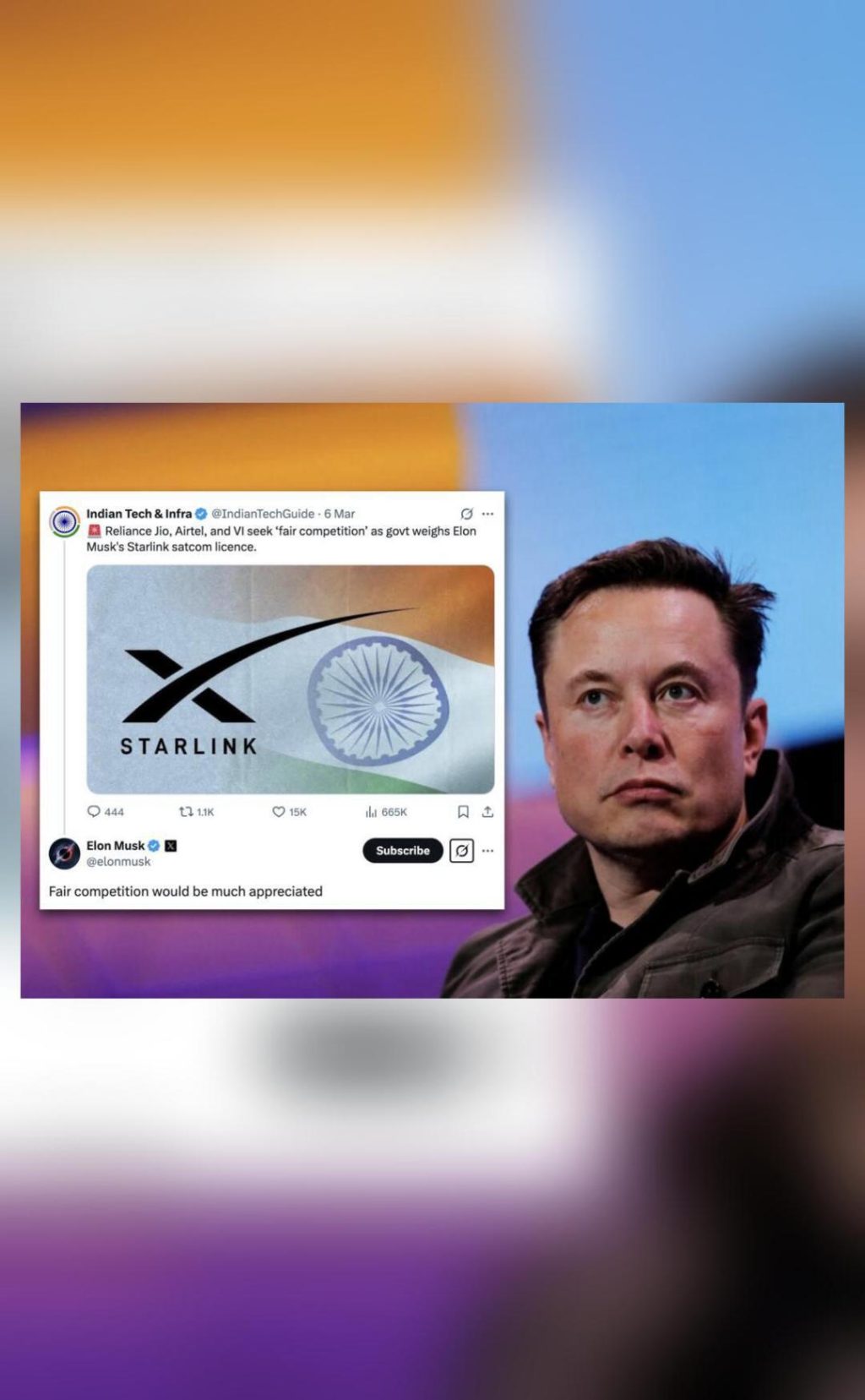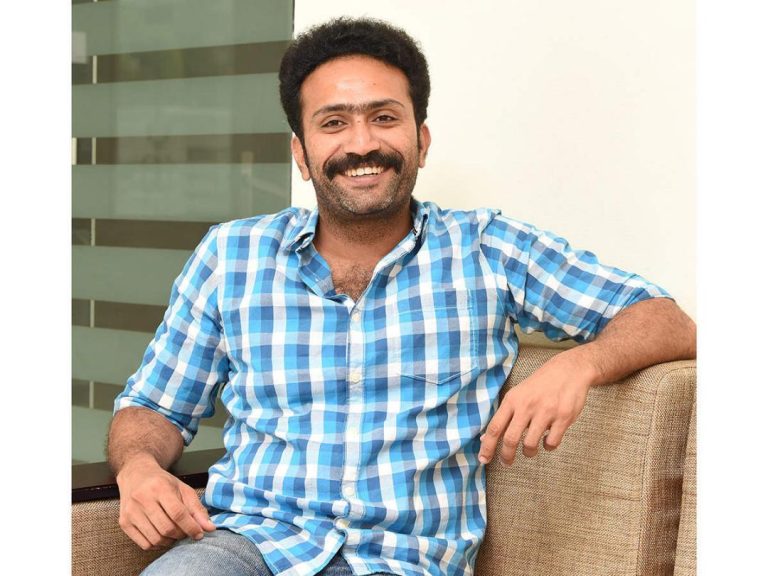
Musk Reacts after Indian Telecoms Seek “Fair Competition” as Starlink Awaits Satcom Licence
In a recent tweet, billionaire Elon Musk responded to reports that Indian telecom giants, such as Reliance Jio and Airtel, are seeking “fair competition” in the satellite communications sector. This development comes as the Centre is set to decide on licensing and spectrum allocation for Starlink, a satellite internet constellation project by Musk’s company, SpaceX.
The reports suggest that the Indian telecoms have requested “comparable” spectrum pricing to avoid “market distortions”. This move is seen as a bid to level the playing field and ensure that all players in the market have equal opportunities to compete.
Musk’s response to the reports was swift and to the point. In a tweet, he said, “Fair competition would be much appreciated.” This statement has sparked a lot of interest and debate in the tech and business communities, with many wondering what this means for the future of the satellite communications sector in India.
For those who may not be familiar, Starlink is a satellite internet constellation project that aims to provide high-speed internet connectivity to remote and underserved areas around the world. The project has been making headlines in recent months due to its ambitious goals and the potential it holds to revolutionize the way we access the internet.
The Indian government has been working on licensing and spectrum allocation for Starlink, and it is expected to make an announcement soon. The move by Indian telecoms to seek “fair competition” is seen as a way to ensure that Starlink is held to the same standards as other players in the market.
The demand for “comparable” spectrum pricing is not unprecedented. In recent years, there have been several instances where telecom companies have requested similar treatment. For example, in 2020, India’s largest telecom operator, Airtel, requested a similar pricing structure for its satellite-based internet services.
The Indian government has been working to promote the growth of the satellite communications sector, and the licensing and spectrum allocation for Starlink is seen as a key step in achieving this goal. The government has been keen to encourage innovation and investment in the sector, and the announcement of the licensing and spectrum allocation is expected to be a major boost to the industry.
In conclusion, the reaction by Elon Musk to the reports that Indian telecoms are seeking “fair competition” in the satellite communications sector is significant. It highlights the importance of fair competition in the market and the need for all players to be held to the same standards.
For Starlink, the move could be seen as a challenge, as it will need to demonstrate that it is capable of competing with established players in the market. However, with its ambitious goals and innovative technology, Starlink is well-positioned to succeed.
As the Centre decides on licensing and spectrum allocation for Starlink, it will be interesting to see how the company responds to the demands for “fair competition”. With the Indian telecoms seeking “comparable” spectrum pricing, it is clear that the stakes are high, and the outcome will have a significant impact on the future of the satellite communications sector in India.






